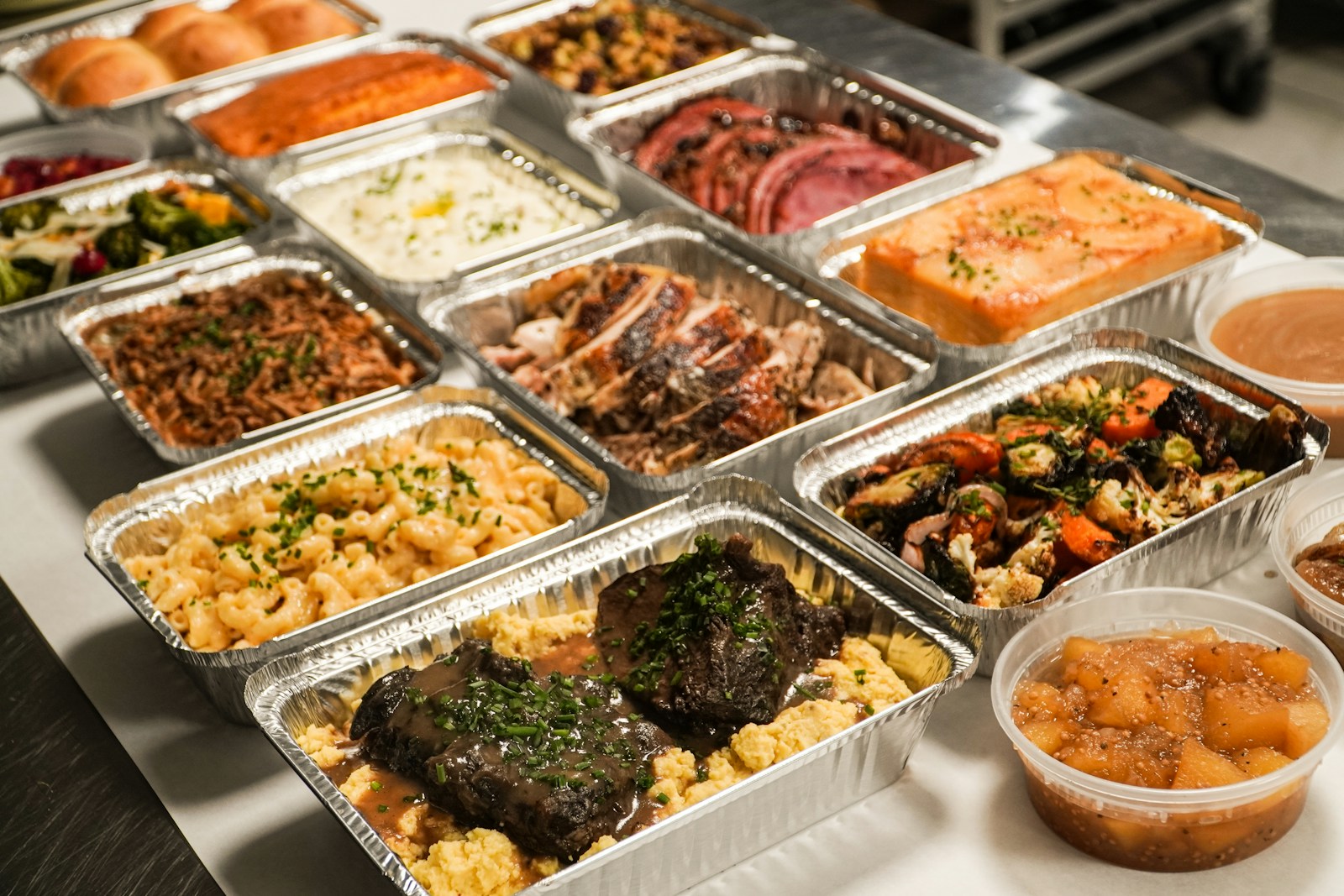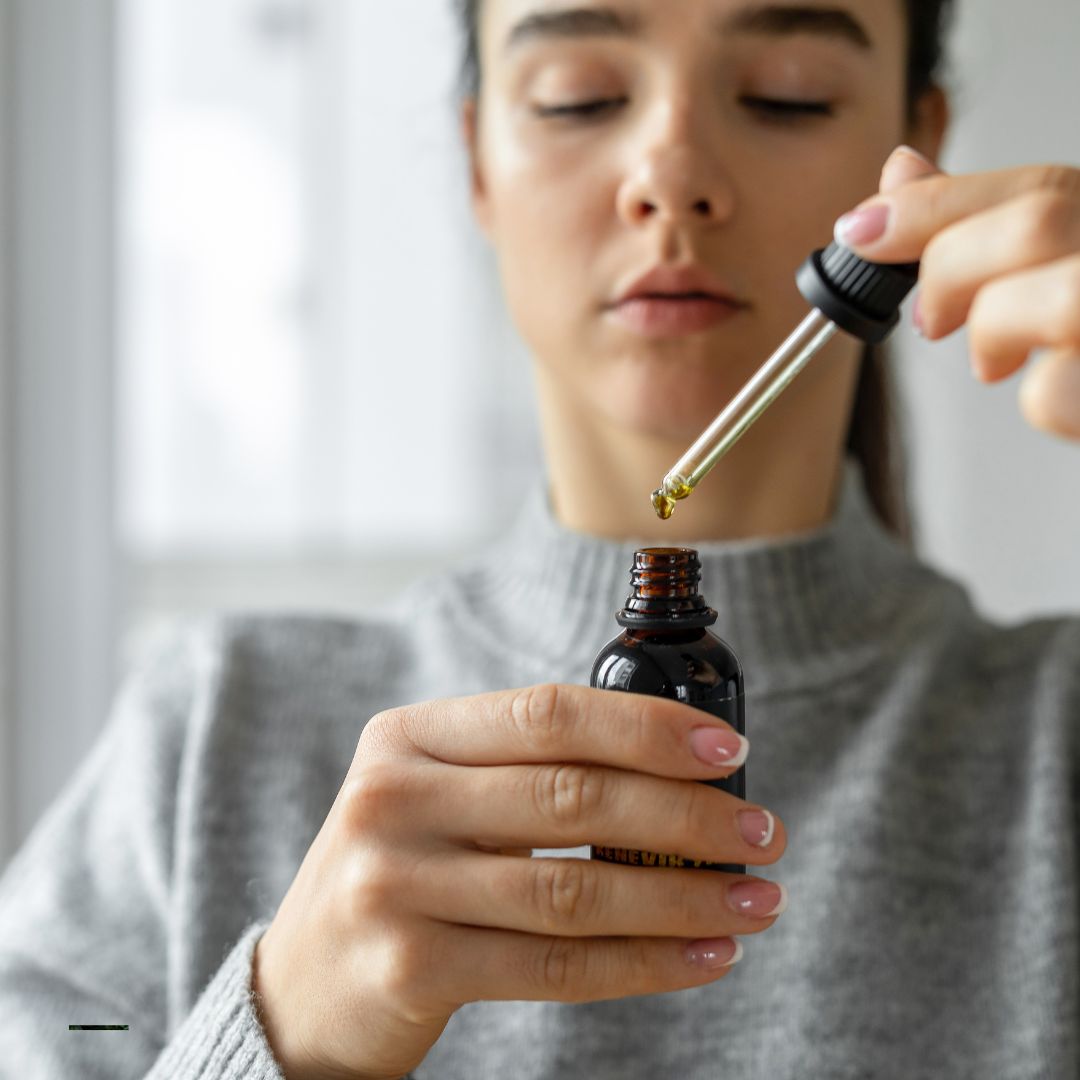In Part I of this series, we learned how the endocannabinoid system regulates and responds to physical activity. The endocannabinoid system is crucial for generating the motivation to engage in voluntary exercise and exercise itself alters its sensitivity to cannabinoids. In Part II, we saw that endocannabinoid receptors are present in the lungs, heart, and blood vessels–key tissues for exercise performance.
Endogenous cannabinoids are made from specific dietary fats and regulate various aspects of metabolism. Plant cannabinoids like THC are fat-soluble molecules and some of the THC you consume accumulates in adipose (fat) tissue. This suggests that the amount of body fat you have, and the rate at which you burn it off, could affect how quickly that THC gets released from fats stores into the bloodstream.
Can burning off body fat actually lead to measurable changes in blood THC levels?
Effects of fasting & exercise on blood THC levels
Takeaway: THC is stored in fat, and burning fat releases it.
The effects of fasting and exercise have been measured in both animals and humans in a limited number of studies. One rodent study gave rats THC daily for five days, followed by a three-day “wash out.” After that, some were fasted for 24-hours. Compared to non-fasted rats, fasted rats had higher blood concentrations of THC-COOH, but not THC. THC-COOH is a metabolite of THC–what drug tests measure in urine samples. Elevated blood THC-COOH was also seen when rats fasted for 20 hours immediately following a single dose of THC.
Another rodent study gave rats THC daily for ten days (twice as long as the last study) followed by a 24-hour fast. Compared to non-fasted animals, higher blood levels of both THC and THC-COOH were detected in fasted animals, although the increase in THC was much smaller than for THC-COOH.
A limited number of human studies have looked at the effects of exercise and fasting on blood THC/THC-COOH levels in people. In a small study of six chronic, daily cannabis consumers, they did 45-minutes of moderate-intensity exercise (treadmill running) followed by a 24-hour fast. No significant elevation in either THC or THC-COOH was detected.
Why would this be, given the results of animal studies above showing an elevation of THC-COOH following fasting? One explanation is the duration of the study: humans live roughly thirty times longer than rats. A 24-hour fast for a rat is roughly equivalent to a month-long fast for a human. It’s possible that a short one-day fast in humans is not enough time to burn much fat.
There was a significant increase in blood THC levels, but not THC-COOH, immediately after exercise.
Another human study made additional observations that shed further light on the matter. Fourteen regular cannabis consumers had their blood tested before, immediately after, and two hours following 35 minutes of stationary bicycling. There was a significant increase in blood THC levels, but not THC-COOH, immediately after exercise. The effect normalized after two hours.
Shop highly rated dispensaries near you
Showing you dispensaries near
Researchers made an additional, interesting observation: body mass index (BMI) was significantly correlated with the change in blood THC levels following exercise. Individuals with higher BMIs (more body fat) tended to see a larger spike in blood THC levels after exercise. This may explain why no change was detected in the previous study–those individuals had an average BMI of about 21, while the majority in this study had BMIs over 21.
The experiments in rodents found that fasting can produce elevations in blood THC-COOH levels, with little to no elevation in THC levels. In contrast, human studies found that a combination of exercise and fasting could elevate THC levels (but not THC-COOH), with larger elevations seen in those with higher BMIs. Why would human studies find an elevation in THC, but rodent studies see an elevation in THC-COOH? One possibility is drug metabolism. Rodents metabolize drugs much faster than we do, so there is perhaps less time for THC to accumulate in fat prior to being metabolized into THC-COOH.
Related
How to order weed delivery online with Leafly
Could burning fat get you high or make you fail a drug test?
Takeaway: Get you high? Maybe. Fail a drug test? Unlikely.
Assuming the results above in humans hold true—that blood THC levels can be elevated by fasting and exercise (at least in people with sufficient levels of body fat) — could burning body fat result in a psychoactive effect?
It’s hard to be sure without more robust data, but it’s entirely possible.
In the study that detected an increase in blood THC levels in both fasted and non-fasted cannabis consumers following exercise, there was a roughly 15% increase in blood THC levels, on average. In a study that measured blood THC levels after vaporizing cannabis, a relatively low 10 mg dose of THC–enough to cause psychoactive effects in the majority of study participants–resulted in a ~10% average increase in blood THC levels. A higher 30 mg dose resulted in a ~30% increase.
… a 15% increase in blood THC levels from exercise and fasting could conceivably induce a psychoactive effect.
So, a 15% increase in blood THC levels from exercise and fasting could conceivably induce a psychoactive effect. Unfortunately, the study that measured this blood THC increase following exercise/fasting did not also measure whether participants felt any psychoactive effects.
Overall, these results suggest that those with more body fat may be vulnerable to higher levels of blood THC following fat burning. More fat to burn means more room to accumulate THC over time. One prediction here would be that longer durations of fasting or higher intensity exercise, resulting in more fat burn, could induce greater increases in blood THC levels, especially in those with more body fat.
Related
New Year, New Laws: Weed workers’ rights kick in, and more
As far as the drug testing concern goes, the results of human studies suggest that there would be no elevated risk of failure, as blood THC-COOH levels—what urine tests look for—were not elevated following fasting and exercise in humans. It’s conceivable that more intensive exercise or longer fasts might push up THC-COOH levels, but I’m not aware of any studies looking at this.
Cannabinoids are fatty molecules—our own endogenous cannabinoids are made from dietary fats, and plant cannabinoids can be stored in fat tissue and influence our eating behavior and metabolism. It’s worth knowing about these things as you engineer your lifestyle and craft intentions for the new year.










































